International conference in Baku strengthens resolve against Islamophobia
An international scientific conference, titled "Embracing Diversity: Tackling Islamophobia in 2024," held in Baku, Azerbaijan, has drawn attention to the pressing issue of Islamophobia on a global scale.
The event, marked by poignant discussions and insights from esteemed speakers, highlighted Azerbaijan's unwavering commitment to addressing discrimination and fostering interfaith harmony, Caliber.Az reports via local media outlets.
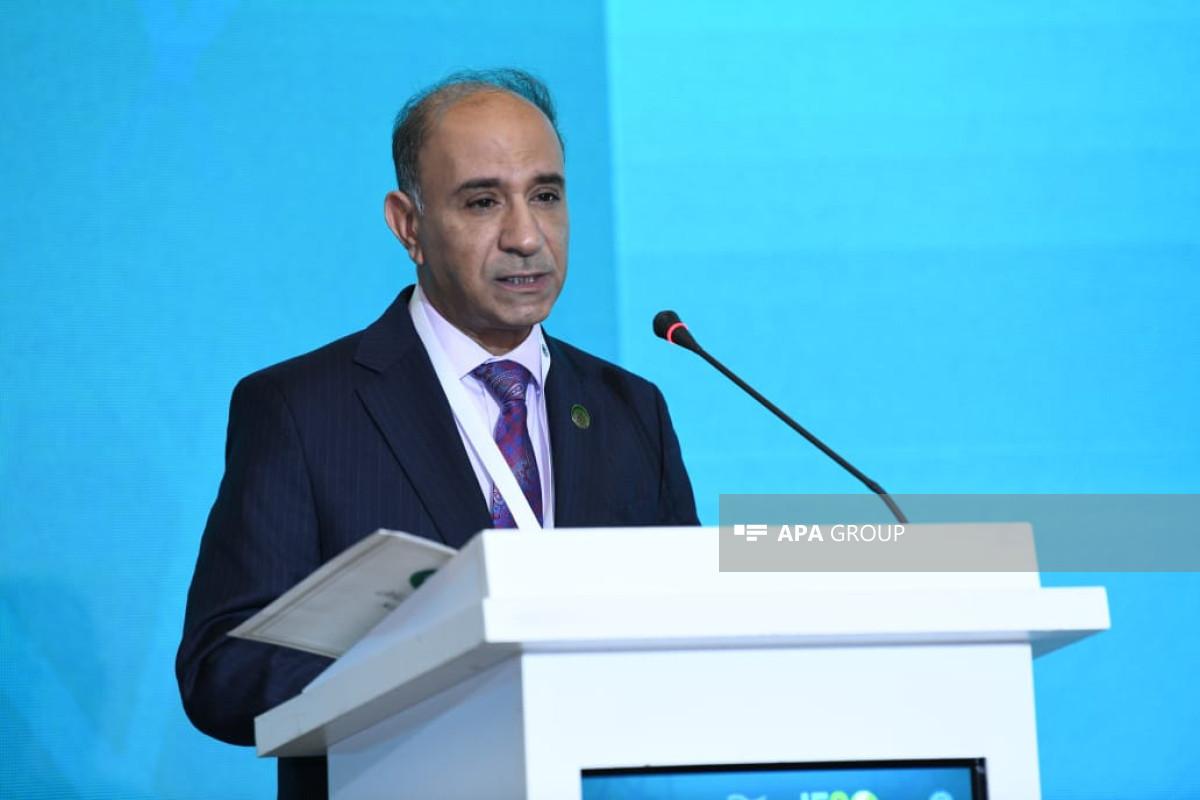
Yusuf Al-Dubey, Assistant Secretary General of the Organization of Islamic Cooperation (OIC) for Political Affairs, lauded Azerbaijan's proactive stance in combating Islamophobia, emphasizing the significance of convening such a conference. Al-Dubey remarked, "Holding this conference is an indicator of Azerbaijan’s strong commitment to the fight against Islamophobia." He commended Azerbaijan's exemplary efforts in this regard and expressed gratitude for the invitation extended by the country.
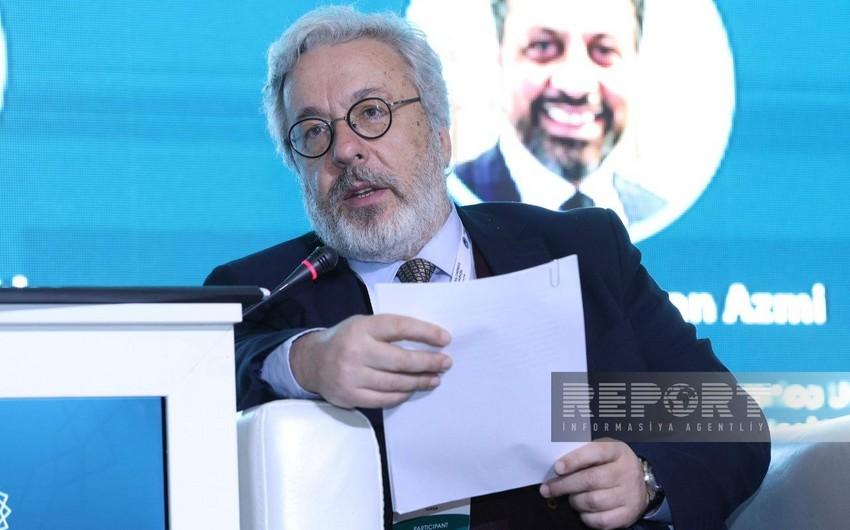
Professor Mahmut Erol Kılıç, Secretary General of the Research Center for Islamic History, Art and Culture (IRCICA), underscored the pervasive nature of Islamophobia, likening it to an epidemic. Kılıç emphasized the urgent need to combat discrimination against Muslims and promote social cohesion. "Islamophobia manifests itself in the form of personal hostility and negatively affects social relationships," Kılıç stated, advocating for collective action to address this pressing issue.
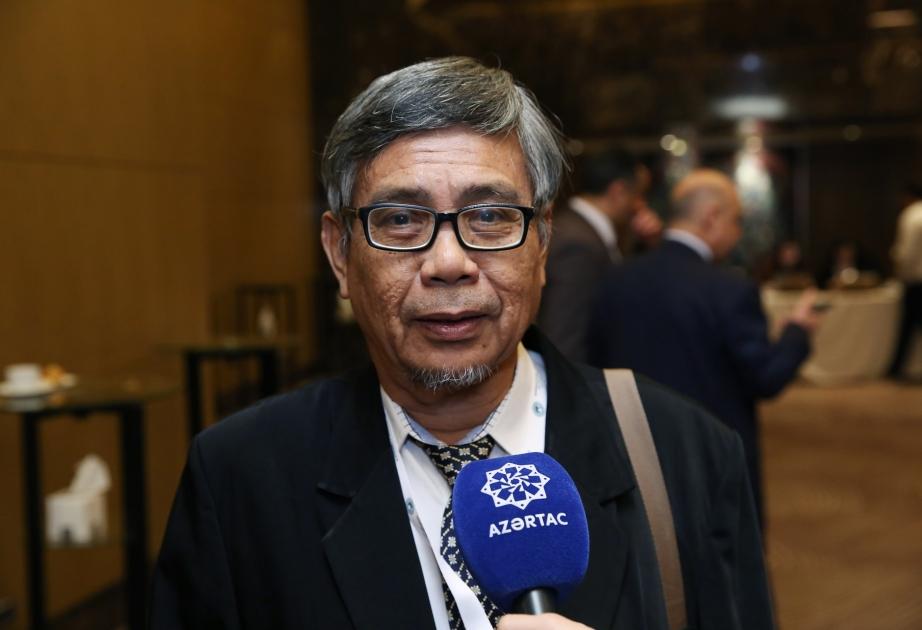 Muhammad Anthony, editor-in-chief of the Indonesia Window agency, hailed the significance of the conference in raising awareness about Islamophobia on the global stage. Anthony expressed optimism about the event's potential to amplify the voices of those affected by Islamophobia and foster international solidarity in addressing this challenge. "This conference will contribute to ensuring that the voices of people suffering from Islamophobia are heard on international platforms," Anthony affirmed.
Muhammad Anthony, editor-in-chief of the Indonesia Window agency, hailed the significance of the conference in raising awareness about Islamophobia on the global stage. Anthony expressed optimism about the event's potential to amplify the voices of those affected by Islamophobia and foster international solidarity in addressing this challenge. "This conference will contribute to ensuring that the voices of people suffering from Islamophobia are heard on international platforms," Anthony affirmed.
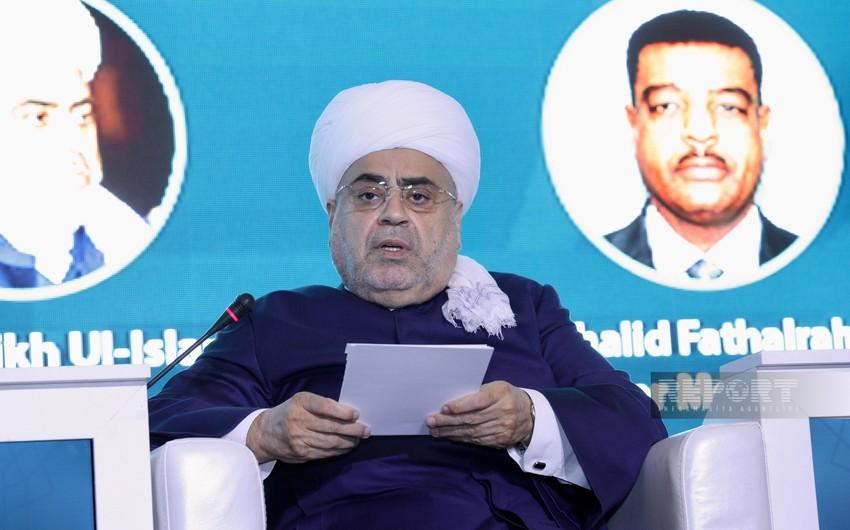
Sheikh-ul-Islam Allahshukur Pashazadeh, Chairman of the Caucasian Muslim Office (CMO), highlighted the harsh reality of discrimination against Muslims in Europe. Pashazadeh condemned such discriminatory practices and commended Azerbaijan's proactive measures in combating Islamophobia. "Azerbaijan, which is an integral part of the Islamic world and plays the role of a bridge between the West and the East, always condemns discrimination based on nationality, religious and racial grounds," Pashazadeh emphasized, underscoring Azerbaijan's growing influence and leadership in global initiatives aimed at promoting tolerance and diversity.
The international conference in Baku served as a platform for meaningful dialogue and collaboration, reaffirming Azerbaijan's commitment to combating Islamophobia and championing inclusivity on the world stage. With concerted efforts and collective action, participants expressed optimism about fostering a more tolerant and equitable future for all.
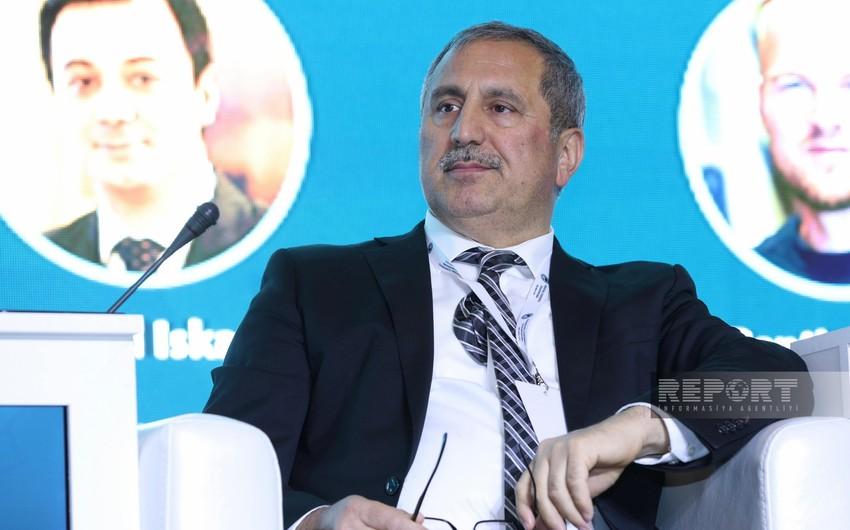
Vice-President of the Islamic Research Center of Türkiye, Yaşar Çolak, voiced alarming observations regarding the prevalence of Islamophobia among Western youth.
Çolak's remarks shed light on the challenges faced by Muslim children in Western societies, where negative attitudes towards Islam persist. He stated, "Due to the negative attitude towards Islam in Western societies, every third child hides his affiliation with this religion." Çolak highlighted the distressing impact of Islamophobia on young Muslims, noting that studies conducted over the past five years have revealed an alarming trend.
The vice-president pointed out that Islamophobia has intensified in Western countries, with the United States being particularly affected. "One study shows that one in three children in the West hides their adherence to Islam. Because they don’t know what they’re going to face," Çolak emphasized, underscoring the challenges encountered by Muslim youth in navigating societal biases and prejudices.
In addressing the root causes of Islamophobia, Çolak emphasized the crucial role of media representation and education in shaping perceptions of Islam. He emphasized the need to utilize media platforms effectively to counter negative stereotypes and promote a more accurate understanding of the Islamic faith.
Additionally, Çolak stressed the importance of prioritizing the education of younger generations, highlighting the significance of fostering tolerance and respect for religious diversity from an early age.








